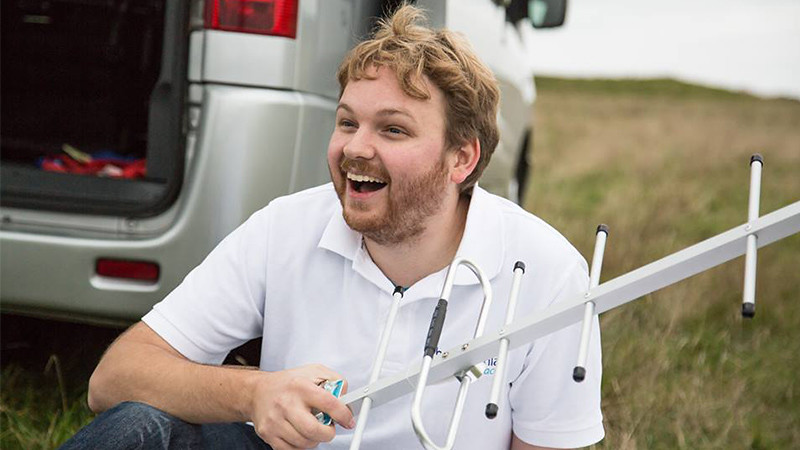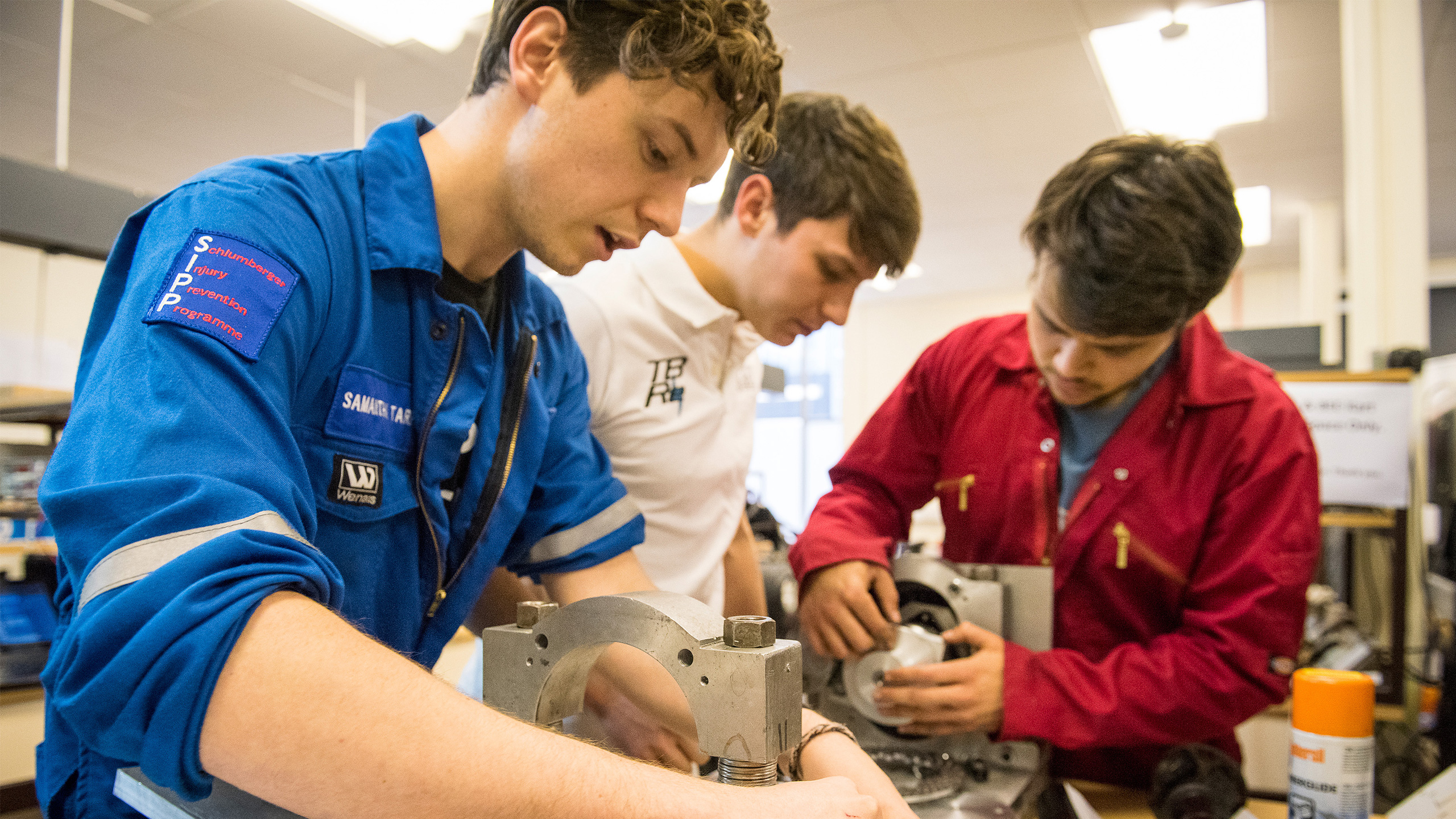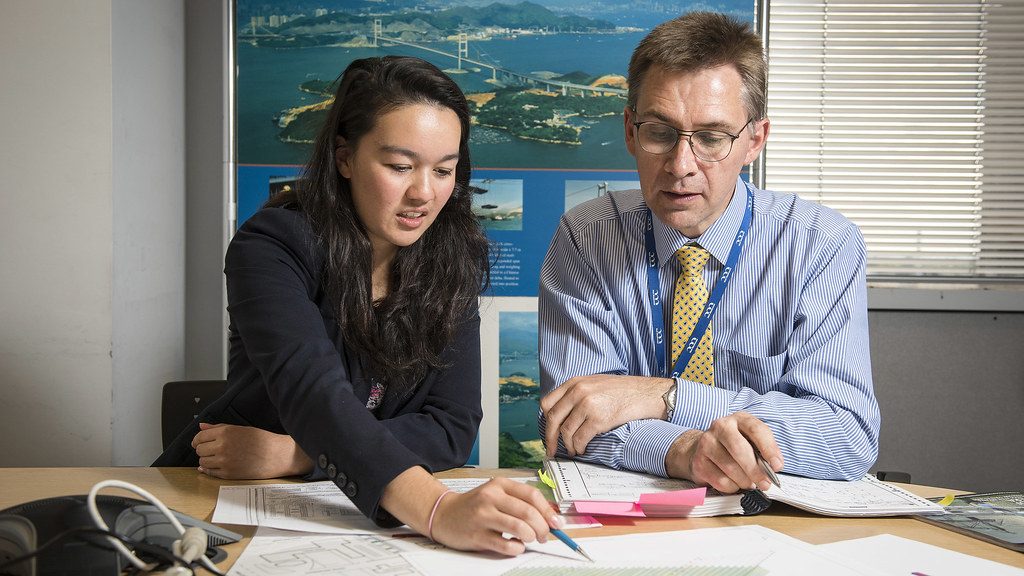Andrew decided to pursue a career in the space industry after spending his industrial placement year at NHS Gloucester Royal Hospital in their medical engineering department: "Taking a placement year was one of the best decisions I have ever made, because it gave me the professional experience I needed, alongside my degree qualification, to get into the career I wanted.
"It was during this time that I started to research and learn about the space industry. I entered space mission design competitions and winning one rewarded me with a trip to my first space conference, where I first met my future boss!"
The following year Andrew secured a summer placement at a small satellite company in Glasgow, before joining the space division of Systems Engineering & Assessment Ltd (SEA) as a new graduate. At SEA he worked on scan mechanisms and miniaturised rugged accelerometers, with the latter launching into space in 2015. The ability of accelerometers to measure the acceleration forces on rockets will play an important part in future landings on the Moon and Mars.
Satellite missions to observe and measure
Now at Thales Alenia Space, Andrew is currently designing a small observation satellite (called Skimsat) that can orbit the Earth at low altitudes (250km) for years at a time. Its shape and high-efficiency propulsion system reduces atmospheric drag so that the satellite only needs 20g of fuel each day. Being able to stay so close to the Earth means that the satellite can carry a smaller telescope and less powerful radar to produce the same image quality as the much larger satellites that circle the Earth at 600km. This makes Andrew's design more cost-effective and efficient.
"Being part of the international Thales Alenia Space group has been a fantastic experience as I can work on projects that are ambitious in terms of scope and vision. At the moment I am leading a small team to bring this potentially game-changing satellite innovation to market. We will one day see dozens of our Skimsat concept being built each year in the UK, potentially also launching from a future UK spaceport. I can’t wait for that day!"
Andrew is also working on the upcoming EarthCARE and MicroCarb missions. These aim to measure atmospheric energy exchange and to identify carbon dioxide sources and sinks. The data from these missions will help us to gain a better understanding of climate change and the carbon cycle.
"My time at the University of Bath taught me a great deal, the most important of which was how to learn new skills rapidly. This is incredibly important to any engineering career as you are rarely expected to know how to do a job when you start, but you are expected to learn as fast as possible.
"The practice of working in a team and technical presenting, which I gained during my group and individual projects, are invaluable to the successes I've had in my career. I am also very grateful to my final year supervisor who allowed me to pursue a final-year project of my own concept. This was my first attempt at designing and testing a new idea rapidly with technical and business rigour, a process that I am still using and adapting today."
A sector of possibilities
With Britain quietly leading the way in certain niche space technologies and a governmental commitment to expand the UK's share of the global space industry, it's a great time to get into the sector.
"The European space industry is starting work on a number of exciting space missions including a human return to the moon, a reusable robotic shuttle and several new spaceborne observatories.
"I am also really excited about where the commercial space sector is headed, from constellations of thousands of communications satellites, manufacturing in space and even asteroid mining. The cost of launch is dropping, which is attracting a lot of new investment into the industry and so the 1960’s dreams of moon bases and commercial space stations will soon be coming true. Who wouldn’t want to be part of that?"



